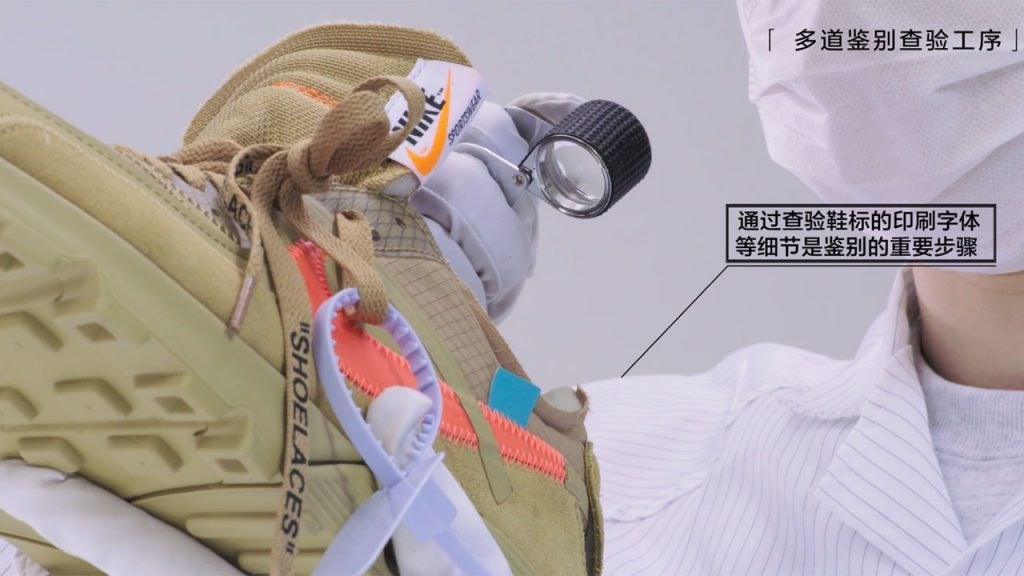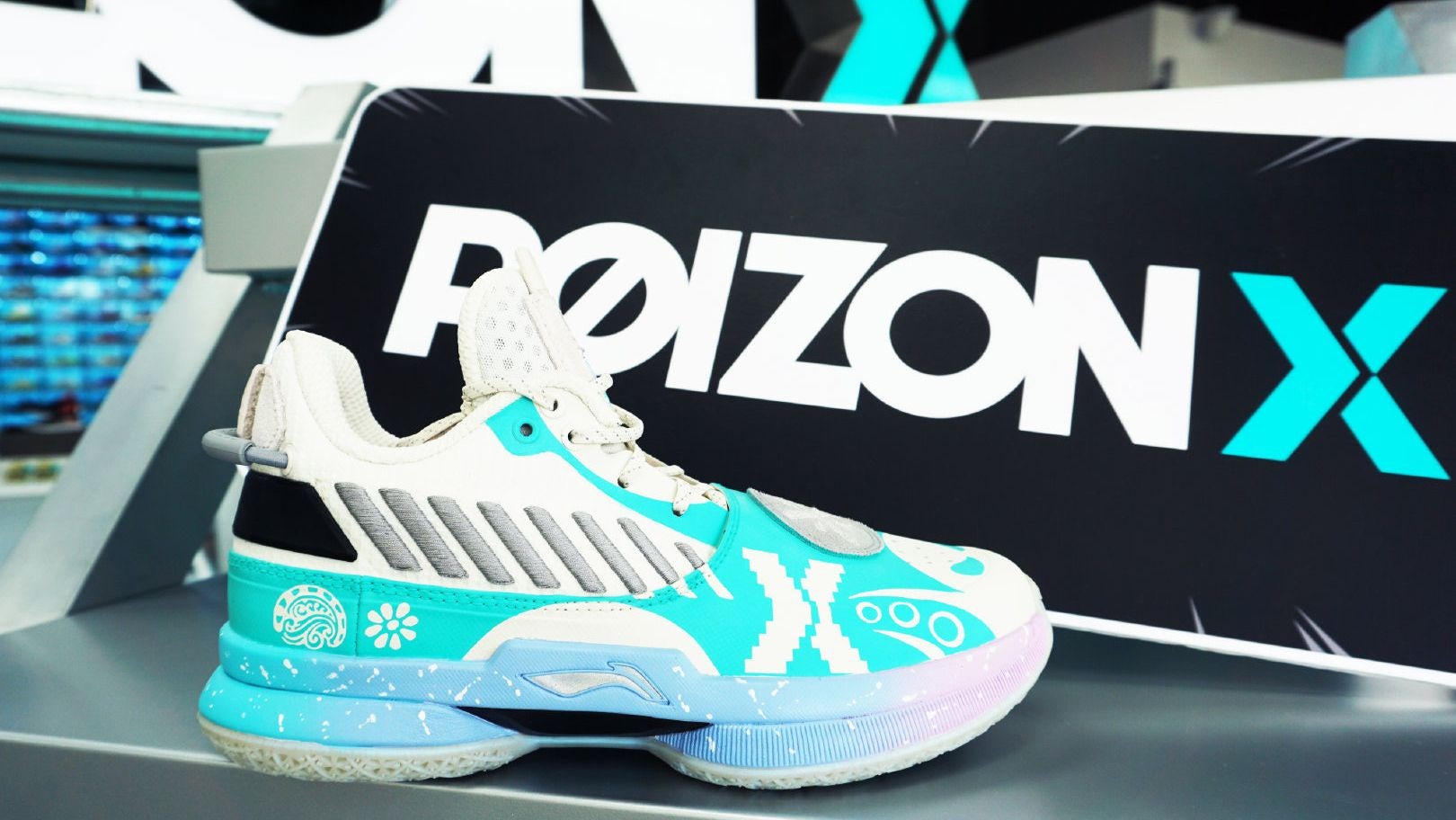What happened
Chinese sprinter and Tokyo Olympics medalist Su Bingtian is suing the parent company of online fashion resale marketplace Poizon for image rights infringement after the platform used his picture illegally. The news quickly reached Weibo, making the hashtag #SuBingtianSuesPoizonforInfringement the 4th most trending topic of the day. At the time of publication, the related hashtags have received a combined 248 million views.
The e-tailer has already issued a public statement online addressing the growing backlash. Even though the case is not expected to be heard until early July, Poizon has already admitted that its celebratory post from August 2021 infringed upon Su's image rights, and apologized for what it called a misdeed.
Founded in 2015, Poizon offers authentic sneakers, apparel, bags, watches, and accessories from designer labels and luxury groups, as well as artworks, along with its own dedicated authentication department. In May 2021, it registered 81 million monthly active users.
The Jing Take
Poizon is now in a precarious position in the mainland’s tech ecosystem. Last month alone, the complaint site Black Cat received a total of 7,639 complaints about the company. But its reputational damage long precedes this. At the beginning of 2022, when the Shanghai Municipal Bureau of Supervision conducted random inspections on clothing accessories, shoes, luggage, and other commodities on nine e-commerce live broadcast rooms, Poizon had the highest unqualified rate among all the platforms surveyed: as much as 50 percent. Four products were randomly inspected, two of which were unqualified because the products’ label were not standardized.

The platform has suffered from counterfeits as well as long appraisal time and slow refunds. This is especially worrying for a business whose user base (nearly 90 percent) is younger shoppers. According to China Youth Daily, a recent survey showed 88 percent of the 2,005 respondents considered a brand's reputation to be a major criterion when shopping online. That percentage is over 90 percent for consumers born after 2000. This most recent backlash and high complaint rate look worrying for the app
—#
and brands should take note.
Coach, Zenith, Michael Kors, and Stuart Weitzman have recently joined the online platform to reach young local consumers. But, as fury builds and investors exit, vexed netizens are wading in: “I have already deleted the ‘fake goods’ app last year!” and “Why hasn’t it gone bankrupt yet?”

Sources familiar with the matter reported that ByteDance is considering selling its minority stake in the company. This is a clear sign. Luxury should think twice before moving to a resale site which has, over time, lost the trust of younger shoppers. This latest case against a national sporting hero might be the straw that broke the camel’s back. Can the StockX of China ever fix its tarnished image? Who knows, but luxury can’t afford to take that chance.#
The Jing Take reports on a piece of the leading news and presents our editorial team’s analysis of the key implications for the luxury industry. In the recurring column, we analyze everything from product drops and mergers to heated debate sprouting on Chinese social media.


